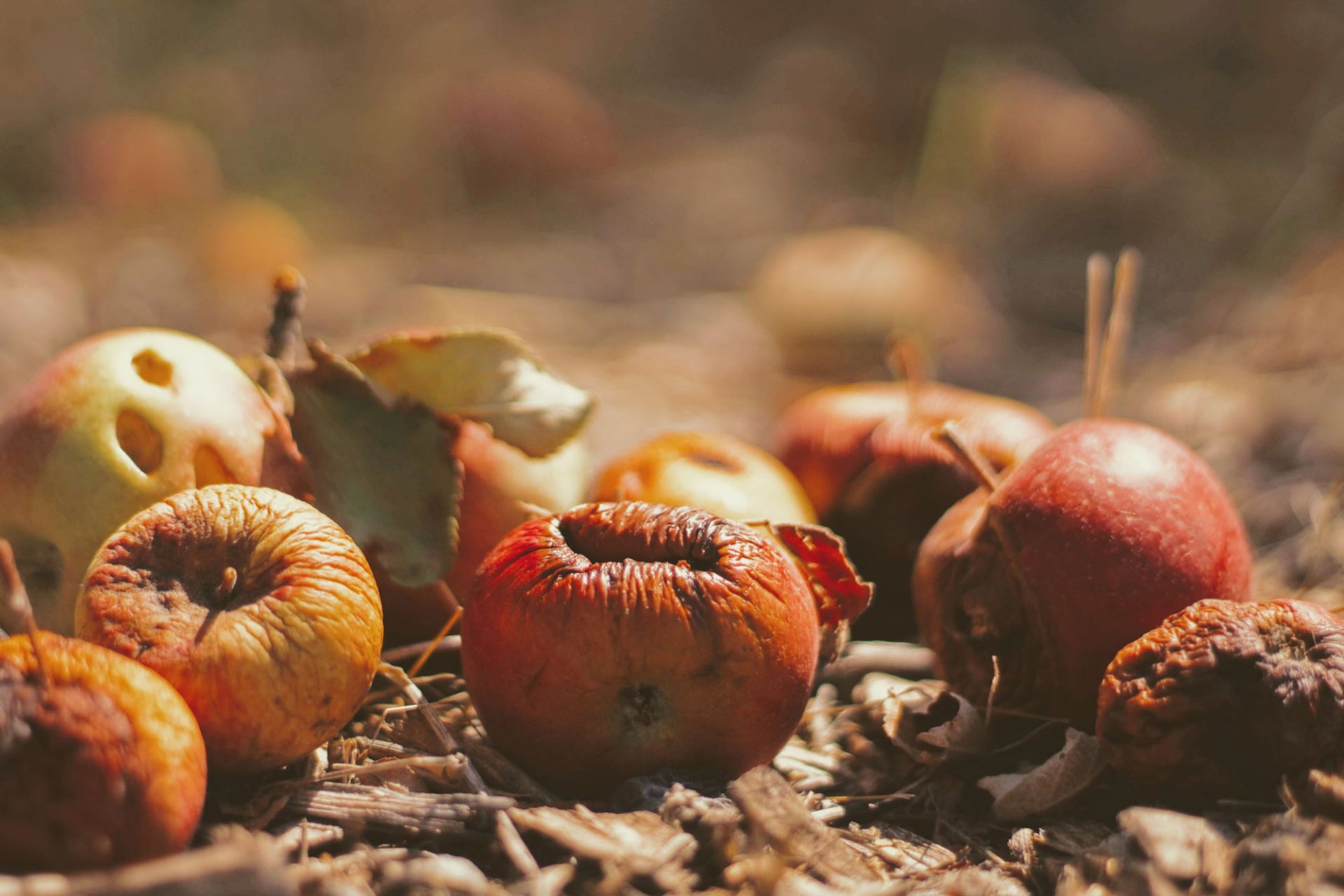Media Releases
The ethics of food waste

Australians throw away more than 100kg of food per person each year – but we’re still more worried about having full fridges than wasting food, according to new research from James Cook University.
The study found that in Australia a desire to feel like you’re providing for your family is stronger than the guilt of wasting food, and understanding this is key to tackling food waste.
“Cultural and moral norms reflect the idea that we behave in a certain way because we believe it’s the right thing to do,” said the study’s lead author, Dr Pengji Wang.
“Australians use the moral norm of being a good provider to justify this over-provision of food and subsequent food wastage.”
These moral norms are fundamentally influenced by cultural, institutional, and socio-economic structures. According to Dr Wang, understanding this is key to changing our behaviour.
“Although Australians might be concerned about wasting food, our findings suggest this is a secondary concern behind being a good provider for their families,” she said.
“We therefore need to recognise this and take it into consideration when we devise campaigns to reduce food waste.”
Co-author Dr Breda McCarthy said we need to promote different ways we can provide for our families that are less likely to result in wasted food, while still appealing to the moral norm of being a good provider.
“This may include creating awareness of healthy eating and purchasing higher-quality food in smaller quantities,” she said. “The impact of wasted food on the family’s future, including economic and environmental, could also be emphasised.”
Dr McCarthy recommends public education campaigns could emphasise caring for others or highlighting the consequences of food waste.
“Messages could include things such as ‘creating a brighter food future for our children’, or ‘throwing away food is a waste of money, energy and water – stop the waste’,” she said.